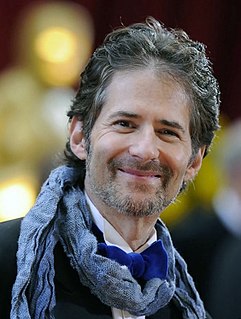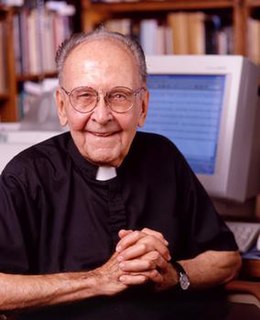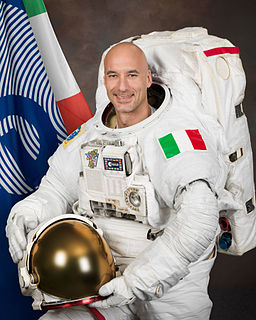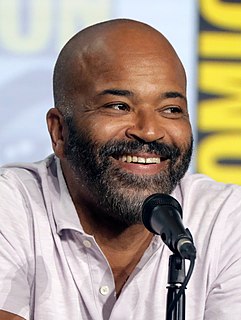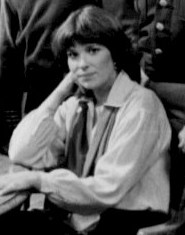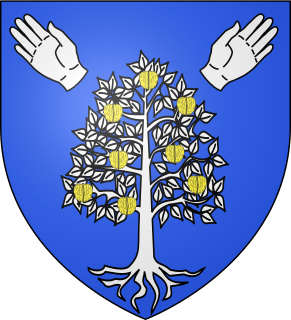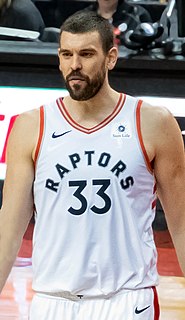A Quote by Madeleine L'Engle
When we are writing, or painting, or composing, we are, during the time of creativity, freed from normal restrictions, and are opened to a wider world, where colors are brighter, sounds clearer, and people more wondrously complex than we normally realize.
Related Quotes
So one thing that I want to do is to make people realize that astronauts in general are very normal people. They are down to Earth, so to speak. I know it sounds contradictive, but we are very normal people. We are very normal people with a fantastic privilege and opportunity to do something that is extraordinary.
When I hear people who love my music and are trying to copy it, it sounds strange to me because it sounds so simple, made by other people. It took me a lot of years to find the balance, to find a way to be on the edge of being accessible but at the same time having the echo of a deep, more complex world.
Painting myself for others, I have painted my inward self with colors clearer than my original ones. I have no more made my book than my book has made me--a book consubstantial with its author, concerned with my own self, an integral part of my life; not concerned with some third-hand, extraneous purpose, like all other books.
Complexity has and will maintain a strong fascination for many people. It is true that we live in a complex world and strive to solve inherently complex problems, which often do require complex mechanisms. However, this should not diminish our desire for elegant solutions, which convince by their clarity and effectiveness. Simple, elegant solutions are more effective, but they are harder to find than complex ones, and they require more time, which we too often believe to be unaffordable

